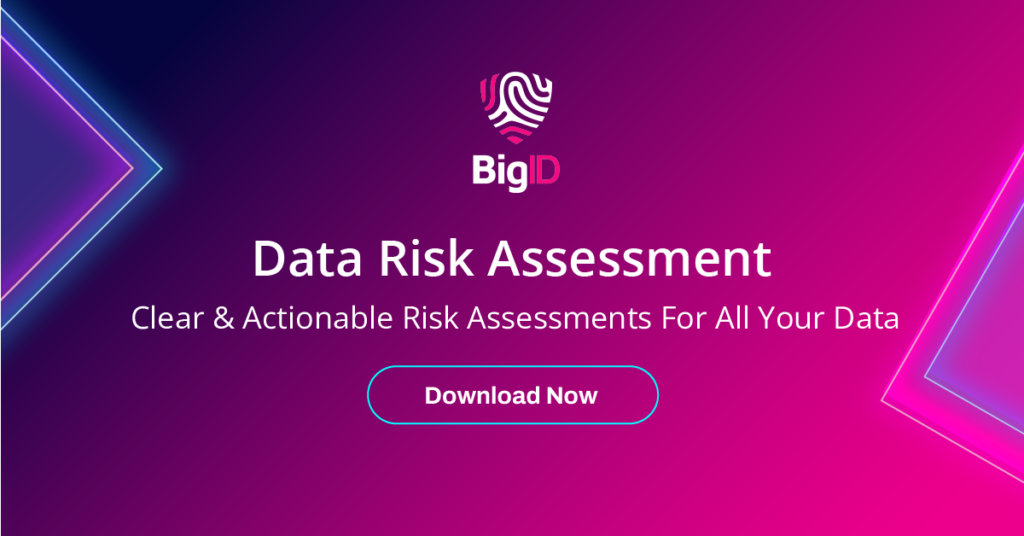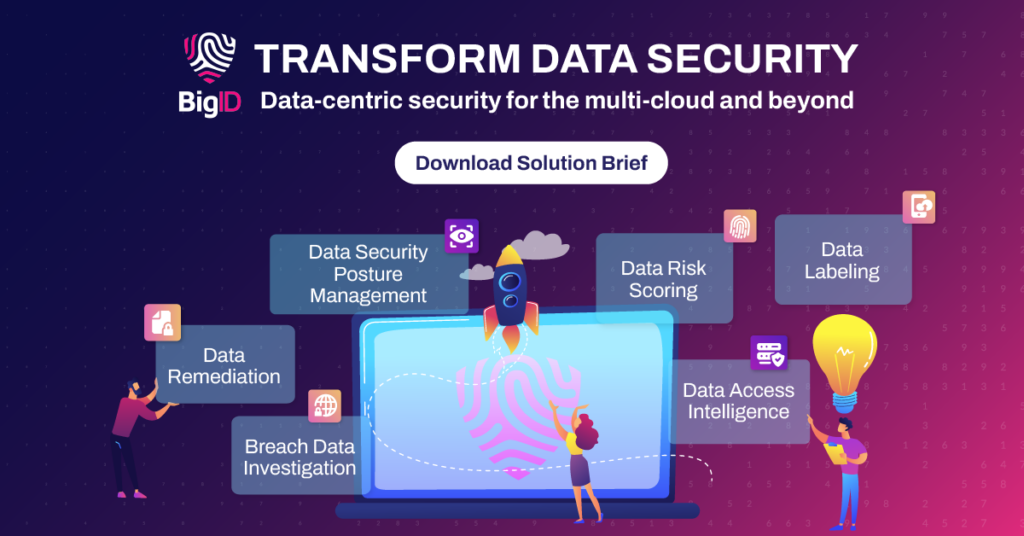In today’s complex cybersecurity landscape, organizations face an ever-increasing number of threats and security incidents. To effectively combat these challenges, security teams are turning to SOAR (Security Orchestration, Automation, and Response) solutions.
SOAR security represents a powerful approach that combines the orchestration of security operations, automation of repetitive tasks, and rapid response to incidents. Read on to explore the fundamentals of SOAR security, its benefits for organizations, and how it revolutionizes incident response and threat management.
What is SOAR security?
SOAR stands for Security Orchestration, Automation, and Response— a cybersecurity approach that combines several elements to improve the effectiveness and efficiency of incident response and threat management. SOAR solutions integrate various security tools, technologies, and workflows into a centralized platform, enabling organizations to streamline security operations, automate repetitive tasks, and respond rapidly to security incidents.
SOAR platforms facilitate the coordination and collaboration of people, processes, and technologies involved in incident response. They provide a unified view of security alerts, automate incident triage and investigation, facilitate threat intelligence sharing, and enable automated response actions. SOAR solutions leverage playbooks and workflows to guide analysts through standardized response procedures, ensuring consistency and efficiency in incident handling.
Organizations can enhance their security operations capabilities by reducing response times, improving incident visibility and prioritization, and enabling more effective resource allocation. SOAR helps organizations optimize their security resources, maximize the effectiveness of existing security tools, and improve overall incident response and threat management capabilities.
How does it work?
SOAR (Security Orchestration, Automation, and Response) architecture typically consists of the following components:
- Data Sources: SOAR systems integrate with various security tools, devices, and data sources, such as SIEM (Security Information and Event Management) systems, threat intelligence feeds, vulnerability scanners, endpoint protection solutions, and more. These sources provide the necessary data and alerts for the SOAR platform to analyze and respond to security incidents.
- Orchestration Engine: The orchestration engine is the core component of a SOAR platform. It acts as the brain, processing and correlating security alerts, events, and data from different sources. It enables the automation and coordination of security processes and workflows by executing predefined playbooks or sequences of actions based on predefined rules or triggers.
- Incident Response Playbooks: Playbooks are sets of predefined and orchestrated actions that guide security analysts through incident response processes. They outline step-by-step instructions on how to triage, investigate, and respond to specific security incidents. Playbooks can be created and customized based on the organization’s unique security requirements and can be modified or extended as new threats or scenarios emerge.
- Automation and Integration Connectors: SOAR platforms provide connectors and integrations with a wide range of security tools and technologies. These connectors allow the platform to interact with external systems, execute automated tasks, retrieve information, and trigger actions in response to specific events or conditions. Automation enables the SOAR platform to perform tasks such as gathering additional data, running security scans, blocking malicious IP addresses, or sending notifications.
- Case Management and Collaboration: SOAR platforms offer case management functionality to track and manage security incidents throughout their lifecycle. They provide a centralized interface for security analysts to view and manage incidents, assign tasks, document findings, and collaborate with team members. Case management ensures transparency, accountability, and efficient communication among stakeholders involved in the incident response process.
- Reporting and Analytics: SOAR architecture incorporates reporting and analytics capabilities to provide insights into security operations performance, incident trends, and key metrics. It enables organizations to measure the effectiveness of their incident response processes, identify areas for improvement, and generate reports for compliance purposes or executive reporting.
SOAR architecture allows organizations to automate and streamline their security operations. The platform gathers data from diverse sources, analyzes and correlates it, executes predefined playbooks, automates tasks, facilitates collaboration, and provides reporting and analytics capabilities. This comprehensive approach enables organizations to improve incident response efficiency, reduce manual effort, and effectively manage the ever-increasing volume and complexity of security incidents.
What’s the ROI?
SOAR (Security Orchestration, Automation, and Response) tools can be highly beneficial to businesses in several ways:
- Improved Incident Response: SOAR enables businesses to standardize and automate incident response processes. Implementing best practices and leveraging pre-defined playbooks, security teams can respond to incidents swiftly and consistently. This reduces response times, minimizes human error, and ensures a well-coordinated approach to incident management.
- Enhanced Efficiency and Productivity: SOAR automates repetitive and manual security tasks, freeing up security analysts’ time to focus on higher-value activities. By automating incident triage, data enrichment, and response actions, businesses can significantly improve the efficiency and productivity of their security operations teams.
- Streamlined Workflow and Collaboration: SOAR platforms provide a centralized view of security alerts and incidents, facilitating better coordination and collaboration among security teams. Best practices in workflow design and collaboration enable seamless communication, information sharing, and task assignment, ensuring that all stakeholders are aligned and working together effectively.
- Enhanced Threat Intelligence Integration: SOAR allows businesses to integrate and operationalize threat intelligence feeds, enabling faster and more informed decision-making during incident response. Best practices in threat intelligence integration help organizations stay up to date with the latest threats, indicators of compromise, and attack techniques, empowering proactive defense measures.
- Continuous Improvement and Adaptability: SOAR platforms offer extensive reporting and analytics capabilities, providing valuable insights into security operations performance. Analyzing metrics and identifying bottlenecks or areas for improvement, businesses can continuously refine their processes, optimize automation workflows, and adapt their security strategies based on evolving threats and business needs.
- Compliance and Audit Readiness: Adhering to SOAR security best practices helps businesses demonstrate compliance with regulatory requirements and industry standards. Leveraging automation, documenting processes, and maintaining audit trails, organizations can effectively address compliance obligations, streamline auditing processes, and provide evidence of adherence to security protocols.

SIEM vs SOAR
SIEM (Security Information and Event Management) and SOAR (Security Orchestration, Automation, and Response) are two distinct but complementary cybersecurity technologies. Here’s a simple explanation of the differences between SIEM and SOAR:
SIEM:
- Focus: SIEM primarily focuses on log management, real-time event correlation, and centralized security event monitoring.
- Data Collection: SIEM collects and analyzes log data from various sources, such as network devices, servers, applications, and security appliances, to detect and investigate security incidents.
- Alerting and Reporting: SIEM generates alerts based on predefined rules and correlation logic, notifying security teams of potential security threats. It also provides reporting capabilities to monitor and report on security events, compliance adherence, and system performance.
- Manual Investigation: SIEM presents security events and logs to security analysts for investigation and response. Analysts perform manual analysis, determine the severity and impact of incidents, and take appropriate actions.
SOAR:
- Focus: SOAR extends beyond SIEM by incorporating security orchestration, automation, and response capabilities to streamline incident response processes.
- Automated Response: SOAR enables the automation of repetitive and manual tasks involved in incident response. It leverages predefined playbooks and workflows to automate incident triage, enrichment, and response actions.
- Integration and Orchestration: SOAR integrates with various security tools and systems, orchestrating their actions and enabling seamless collaboration and information sharing between different technologies.
- Incident Management: SOAR provides case management functionality, allowing security teams to track and manage incidents throughout their lifecycle. It facilitates collaboration, task assignment, and documentation.
- Analytics and Metrics: SOAR platforms often include reporting and analytics capabilities to measure the effectiveness of incident response, identify process improvements, and generate compliance reports.
While SIEM is primarily focused on log management, event correlation, and real-time monitoring, SOAR extends the capabilities of SIEM by adding automation, orchestration, and streamlined incident response processes.
SecOps improvements to consider
SOAR (Security Orchestration, Automation, and Response) solutions significantly enhance SecOps (Security Operations) in several ways:
- Efficient Incident Response: SOAR streamlines incident response processes by automating repetitive and manual tasks. It enables security analysts to quickly triage, investigate, and respond to security incidents with predefined playbooks and automated workflows. This efficiency leads to faster response times, reducing the impact of security breaches and minimizing potential damage.
- Enhanced Threat Visibility: SOAR aggregates and correlates data from multiple security tools and systems, providing a centralized view of security events and incidents. By consolidating and correlating information, security analysts gain a comprehensive understanding of the threat landscape, enabling them to make better-informed decisions and prioritize response efforts effectively.
- Automated Remediation: SOAR automates response actions and remediation steps, enabling immediate and consistent mitigation of security incidents. It can automatically execute actions like isolating compromised systems, blocking malicious IP addresses, updating firewall rules, or deploying patches. This automation minimizes human error and ensures a swift response, reducing the window of vulnerability.
- Streamlined Workflows and Collaboration: SOAR facilitates seamless collaboration and information sharing among security teams. It provides a centralized platform for communication, task assignment, and knowledge sharing. Security analysts can collaborate effectively, improving coordination, knowledge transfer, and response efficiency.
- Integration with Security Tools: SOAR integrates with a wide range of security tools and technologies, such as SIEMs, threat intelligence feeds, endpoint protection systems, and more. This integration enables data enrichment, threat intelligence correlation, and cross-platform automation, harnessing the capabilities of existing security investments and maximizing their value.
- Incident Tracking and Reporting: SOAR platforms include case management functionality to track and manage security incidents throughout their lifecycle. This allows for better incident tracking, documentation, and reporting. Security teams can generate comprehensive reports on incident response performance, metrics, and compliance adherence, aiding in continuous improvement and regulatory requirements.
- Scalability and Adaptability: SOAR solutions are scalable and adaptable to evolving security needs. They can handle the increasing volume and complexity of security events and incidents, while also accommodating changes in technologies and threat landscape. Organizations can customize and expand their SOAR implementation as their security operations evolve.
BigID’s Approach to SOAR
Implementing a SOAR solution starts with deep data discovery and classification. You can’t begin to protect what you don’t know. BigID is a data intelligence platform for privacy, security, and governance that utilizes next-gen machine learning and advanced AI to accurately discover all of your enterprise data— no matter where it resides.
- Data Context and Enrichment: BigID’s data discovery and classification tools provide valuable context to security incidents. By identifying and categorizing sensitive data, such as personally identifiable information (PII) or sensitive financial information, BigID enhances incident triage and response. This information can be utilized within a SOAR platform to enrich incident data and enable better-informed decisions and actions.
- Data-Driven Incident Response: BigID’s Breached Data Investigation App can be leveraged by a SOAR platform to automate incident response workflows based on the type and sensitivity of the data involved. For example, if a security incident involves unauthorized access to customer PII, the SOAR platform can utilize BigID’s Security Suite to trigger specific response actions tailored to data privacy regulations or internal policies.
- Integration Capabilities: BigID offers integration capabilities with various security tools, including SIEMs and incident response platforms. This integration allows organizations to share data and insights between BigID and their chosen SOAR platform.
- Compliance Support: BigID’s Privacy Portal App can help align with regulatory compliance requirements, such as GDPR, CCPA, or HIPAA. By integrating BigID with a SOAR platform, organizations can leverage the data insights and compliance functionalities provided by BigID to automate compliance-related tasks and ensure adherence to privacy and security regulations during incident response processes.
To integrate a holistic approach and improve your organization’s security posture— schedule a free 1:1 demo with BigID today.



